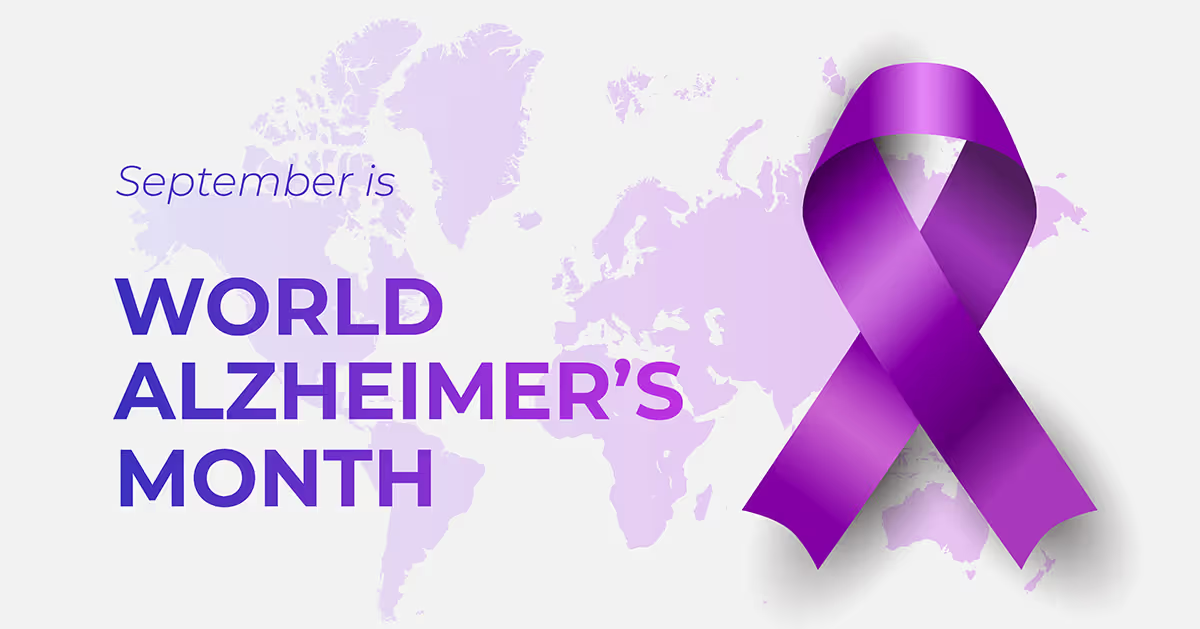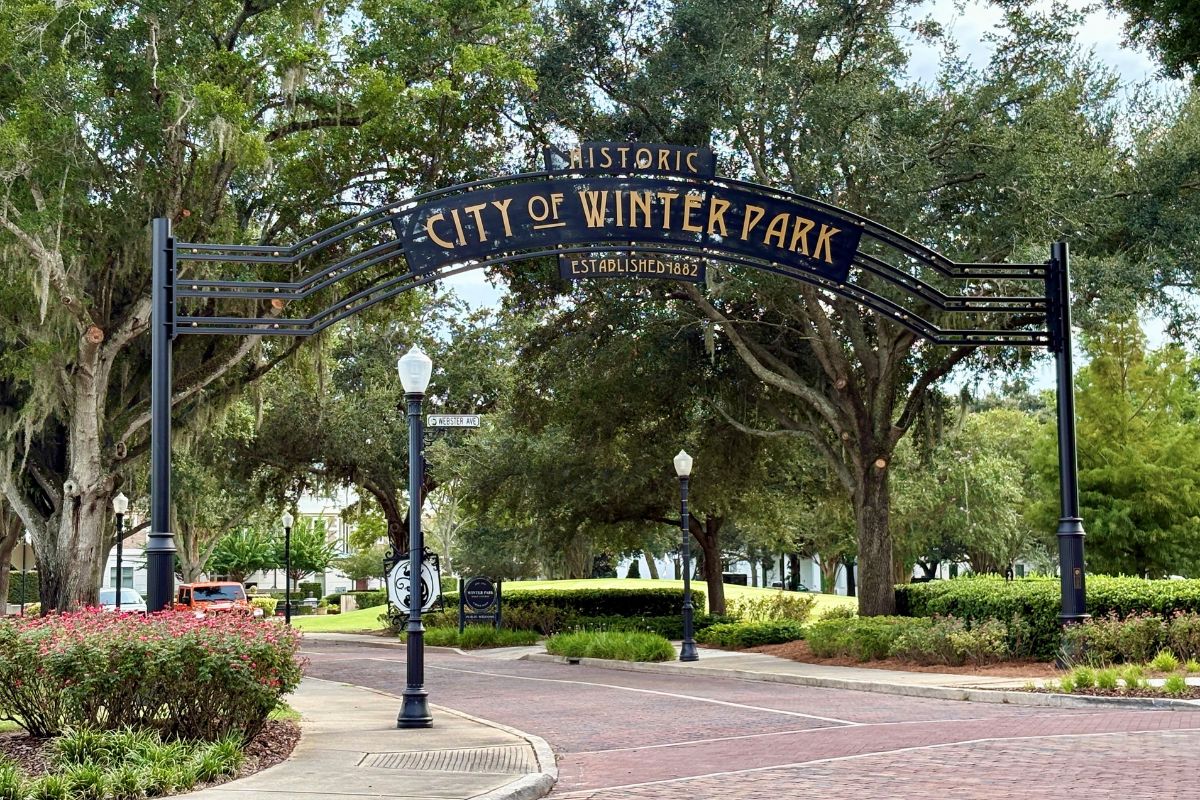Learning Never Gets Old—And It Keeps Your Brain Young, Too!

What’s the best way to keep your mind sharp: Brushing up on a foreign language? Discussing history and current events? Tackling new technology skills? Mastering a musical instrument?
The answer, according to researchers, is “all of the above.” When it comes to lifelong learning, what matters most isn’t what you learn, but that you learn consistently: challenging yourself to explore unfamiliar ideas and develop new skills. And while traditional education is often focused on children and young adults, the benefits of learning are no less critical, or beneficial, for older adults.
“Brains need stimulating environments,” says Laura Carstensen, director of the Stanford Center on Longevity. “Think of [education] like physical exercise. It’s not like you can say, take a year, exercise really hard, and then coast the rest of your life. We need cognitive stimulation throughout.”
In many ways, older adults, who can approach new topics with a strong foundation of knowledge and life experience, are the ideal students. And with less pressure from academic requirements or professional goals, older learners enjoy more opportunities for self-motivated learning driven by personal passions – which can make a big difference in commitment and long-term success.
So if you’re thinking of hitting the books or signing up for a class, don’t wait – your brain will thank you. And there are plenty of ways to get started:
- Get musical. The well-documented benefits of music lessons for children also hold true for those who start later in life. According to some studies, just ten weeks of lessons can lead to measurable improvements in memory and cognitive function.
- Learn a language. Speaking more than one language opens doors to new friendships and cultural experiences – and yields significant improvements in focus and brain function. Bilingual adults are also at a much lower risk of developing dementia.
- Sit in on a seminar. While not all learning takes place in a classroom, community classes and lectures can offer their own benefits – including socialization, active discussion, and hands-on experience.
- Try something new. The benefits of learning are highest when you’re taking on an unfamiliar challenge: Developing new skills creates neural pathways in the brain, increases cognitive reserves, and counteracts some of the effects of aging on memory.
From wine tasting seminars, to choir practice, to language lessons, to history lectures, The Mayflower’s campus is home to an ever-evolving curriculum of programs and activities. And this spring, we doubled down on learning with our second semester of expert-led classes and workshops provided through the Winter Park Lifelong Learning Foundation – open to visitors and residents alike.
Learning is a lifelong journey – and no matter how long it’s been since you were last in a classroom, life is about pursuing curiosity and exploring what’s beyond the horizon. So don’t wait to experience The Mayflower’s vibrant community for yourself and discover how our Life Plan lets you do more of what you love.
Send us a message or give us a call at (407) 672-1620 to request more information or schedule your personal tour. We look forward to hearing from you!




